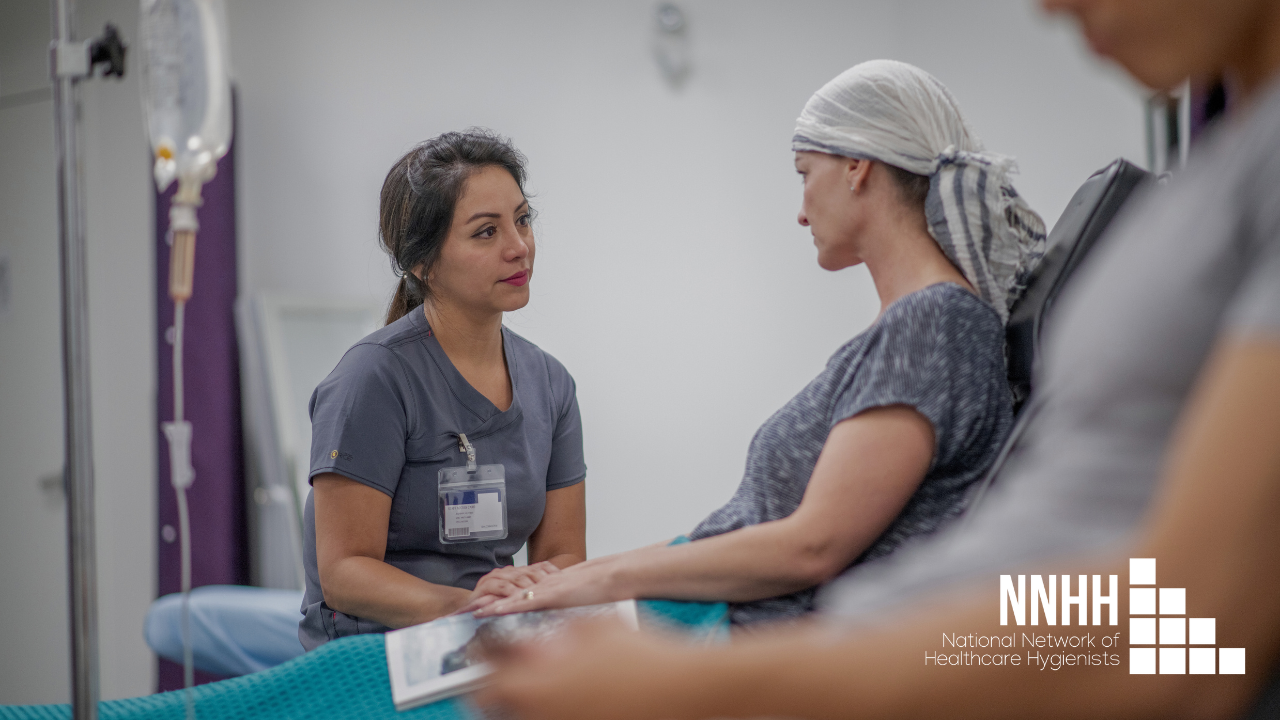
Dental Hygienists: A Vital Part of the Oncology Care Team
Apr 03, 2025When people think of oncology care teams, they often picture oncologists, nurses, surgeons, care coordinators and dietitians. However, one critical member of the team is often overlooked: the dental hygienist. As a pediatric oral health educator, I have seen firsthand how integrating oral health professionals into oncology care can reduce infections, improve treatment outcomes, enhance medical knowledge and patient satisfaction, but ultimately, we are helping to save lives.
Cancer treatments, including chemotherapy and radiation, can have severe effects on a patient’s oral health. Mucositis, infections, xerostomia and increased risk of cavities are just a few of the complications that can arise. Poor oral health can lead to systemic infections, delayed treatments, and worsen a patient’s overall prognosis. This is where dental hygienists play a crucial role.
Dental hygienists are trained to identify and manage oral health issues before they become serious complications. By working alongside oncology care teams, they can:
-
Conduct pre-treatment oral assessments to identify potential risks before therapy begins.
-
Educate patients and caregivers on oral hygiene practices to minimize complications.
-
Provide recommendations for managing dry mouth, mucositis, and other oral side effects.
-
Collaborate with medical staff to adjust care plans based on a patient’s oral health status.
Despite extensive training and expertise, many dental hygienists struggle with imposter syndrome, questioning their place in medical settings like oncology care. It’s important to recognize that dental hygienists bring a wealth of knowledge that can significantly impact patient outcomes. Your expertise in oral health is a vital component of comprehensive cancer care. By stepping confidently into these roles, you not only enhance patient care but also educate medical teams about the essential link between oral and systemic health.
Oncology teams are well-versed in cancer treatment but may not always recognize the early signs of oral complications. Dental hygienists can help bridge this gap by:
- Providing education to nurses and physicians on recognizing oral health issues.
- Offering guidance on proper oral hygiene care during treatment.
- Assisting in developing hospital protocols that integrate oral health into oncology care.
Patients undergoing cancer treatment face an overwhelming journey, and any step that makes the process smoother is invaluable. By addressing oral health proactively, dental hygienists help reduce pain, discomfort, and infections, allowing patients to focus on the most important thing their recovery. This proactive approach can lead to improved treatment adherence, fewer hospitalizations, and a better overall quality of life.
It’s time for dental hygienists to step into a more recognized role in oncology care. Whether through direct patient care, educating medical staff, or developing hospital-wide initiatives, their expertise is essential. By advocating for oral health as part of comprehensive cancer care, we can ensure that patients receive the best possible outcomes.
Dental hygienists are not just “teeth cleaners”; they are integral partners in oncology teams. If you are a dental hygienist looking to expand your role, consider reaching out to local oncology centers and advocating for oral health integration. Your expertise can make all the difference.
Learn directly from Katharine in the Oncology Certificate Program for RDHs HERE (SAVE 50% DURING CANCER AWARENESS MONTH WITH CODE CANCERAWARENESS)
ABOUT THE AUTHOR

Katharine Martinez, MPH, RDH
Katharine is widely recognized for her role as an oral health educator in a hospital setting, and as part of an oncology care multidisciplinary team which has improved patient outcomes and decreased hospital acquired infections. She has consulted with home health agencies to develop oral health training for patients with developmental disabilities, and oncology clinics on oral health advice to serve patients undergoing cancer treatment.
Katharine has lectured at various conferences on the importance of integrating oral health providers into a medical setting. She has mentored hospitals on incorporating oral health to improve treatment outcomes and decrease infections. Katherine developed curriculum for the Oncology Certificate Program for RDHs, and recently founded MDI Hygiene Consulting to continue sharing her expertise.








